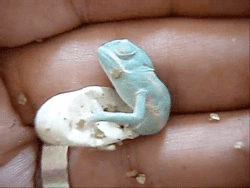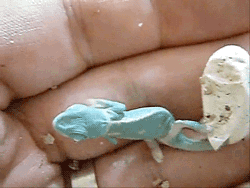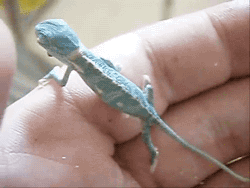Quote
‘Colonial,’ that adjective is very sanitized. It doesn’t mean what it actually means, which is this bloody process of removal and replacement and clearing of land and warfare.
Historian Wendy Warren
Listen: Forgotten History: How The New England Colonists Embraced The Slave Trade
(via nprfreshair)
229 notes
·
View notes
Quote
I really hate the word ‘diversity.’ It suggests something … other. As if it is something … special. Or rare. Diversity! As if there is something unusual about telling stories involving women and people of color and LGBTQ characters on TV. I have a different word: normalizing. I’m normalizing TV. I am making TV look like the world looks.“
Shonda Rhimes at the Human Rights Campaign Gala in March. (via internal-acceptance-movement)
13K notes
·
View notes
Photo

One of the gang hanging out at The Coolest Place.
1K notes
·
View notes
Photo

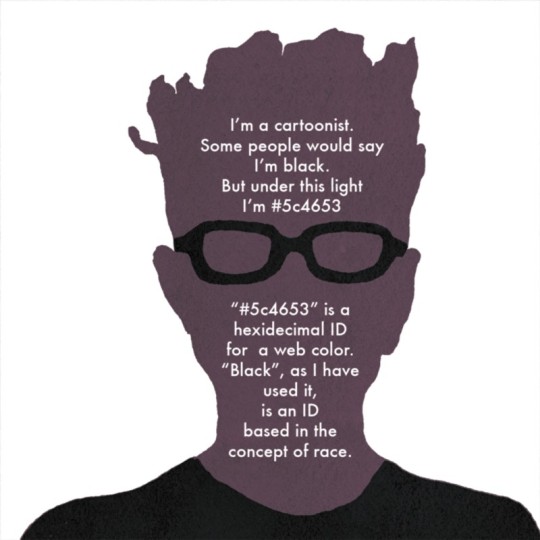
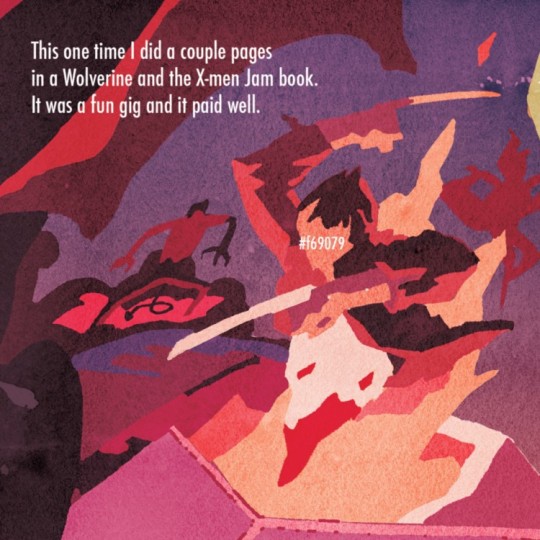


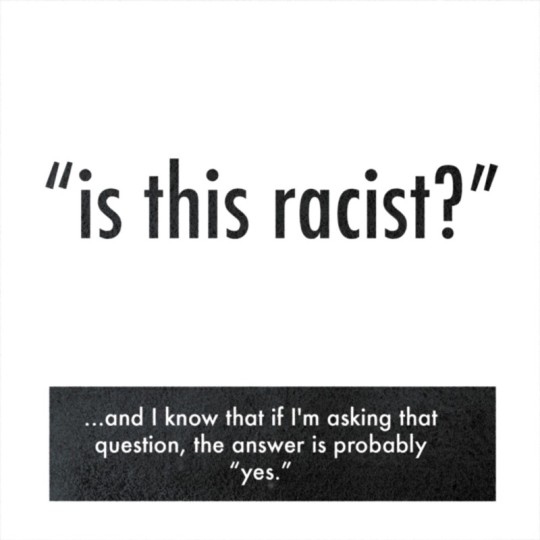


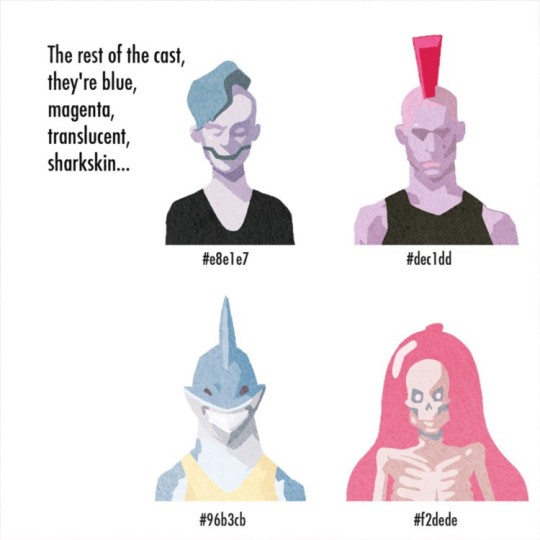
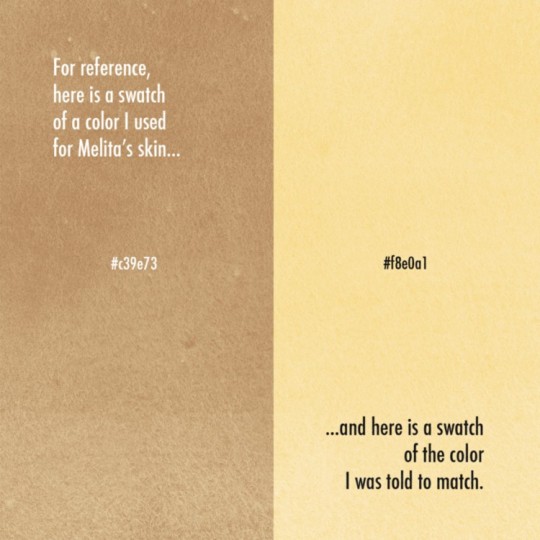


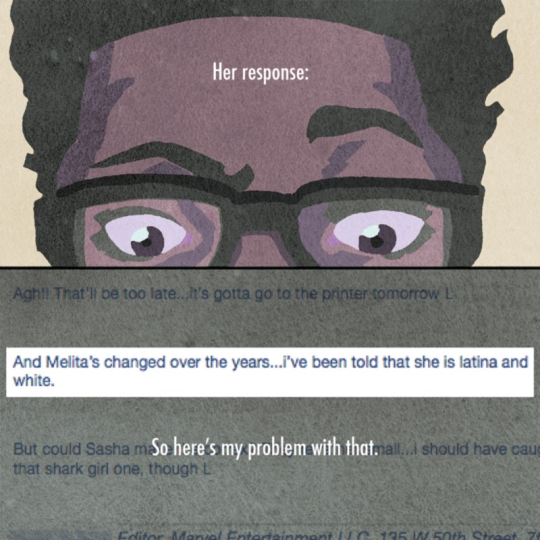
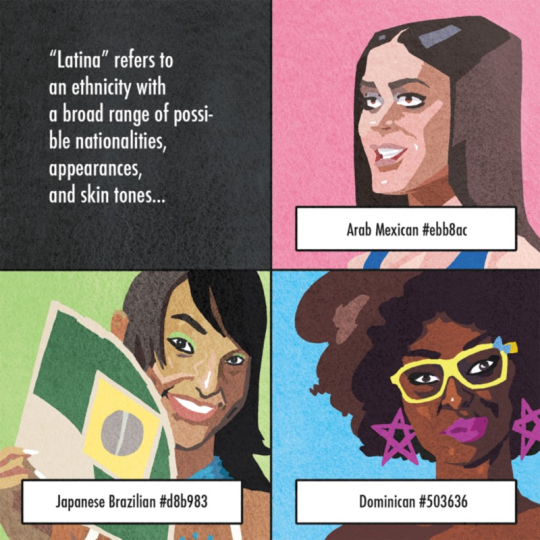
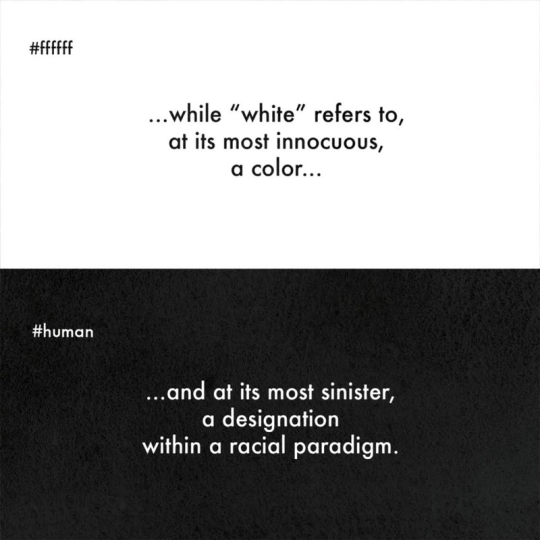
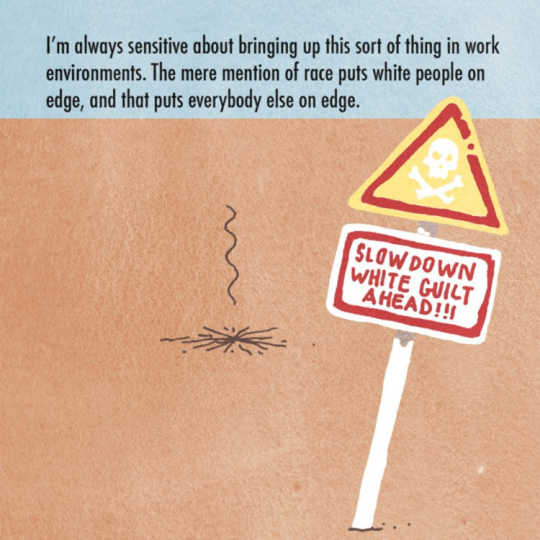
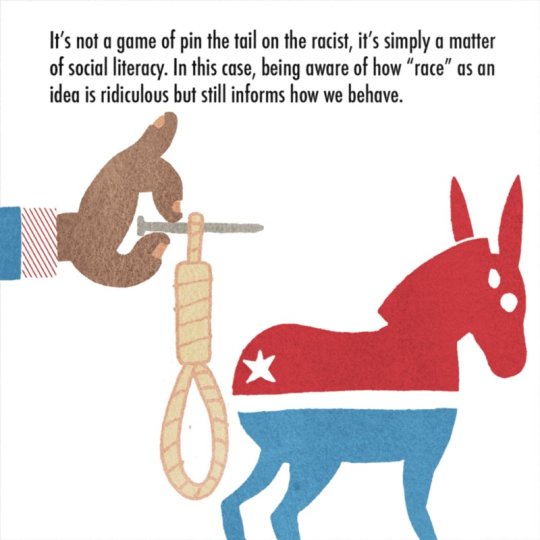


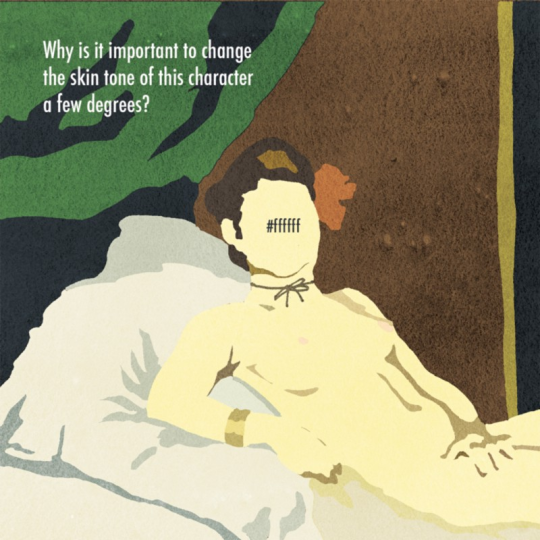
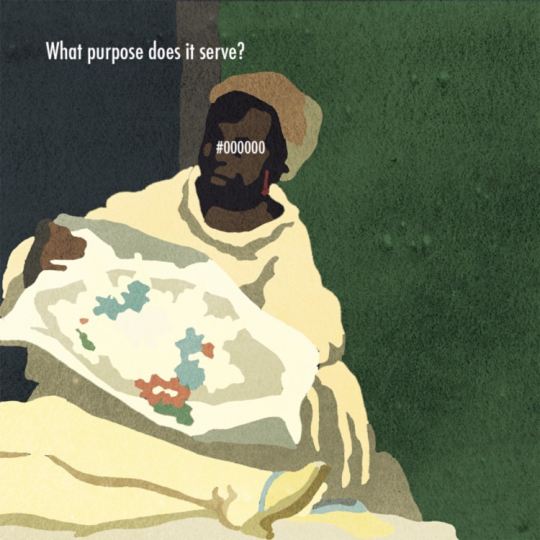

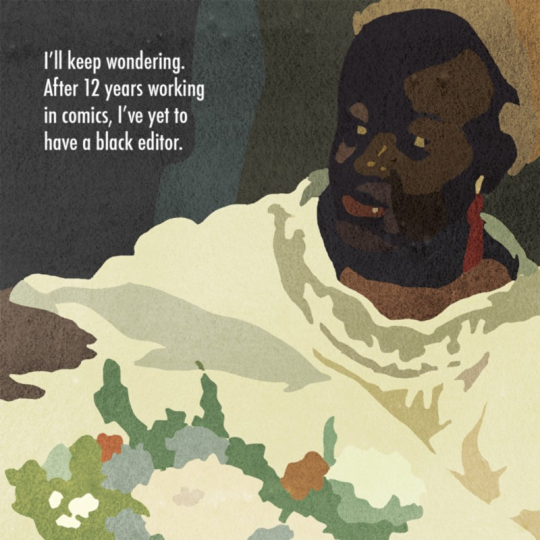



“Lighten Up” by Ronald Wimberly
Beautifuly written- and drawn.
476K notes
·
View notes
Photo




“The day when you’ve publicly declared where you’re going to college, this day should be as glamorous and as exciting as those athletic signing days. This day should be on TV with fireworks, and celebrities, and folks sitting around just dying to know where you’re going to college.” —The First Lady on College Signing Day
3K notes
·
View notes
Text
when the teacher starts interpreting the hell out of some book during class

290 notes
·
View notes
Quote
Be the one who looks for the best in people.
Unknown (via psych-facts)
9K notes
·
View notes
Text
Intersectionality
is the undercurrent theme of this blog. Perhaps this is a new concept. If so, here are some things to get started:
Kimberlé Crenshaw (who coined the term in 1989) on intersectionality: “I wanted to come up with an everyday metaphor that anyone could use.” (source)
“Intersectionality promotes an understanding of human beings as shaped by the interaction of different social locations (e.g., ‘race’/ethnicity, Indigeneity,gender, class, sexuality, geography, age, disability/ability, migration status, religion). These interactions occur within a context of connected systems and structures of power (e.g., laws, policies, state governments and other political and economic unions, religious institutions, media). Through such processes, interdependent forms of privilege and oppression shaped by colonialism, imperialism, racism, homophobia, ableism and patriarchy are created.
PUT SIMPLY: According to an intersectionality perspective, inequities are never the result of single, distinct factors. Rather, they are the outcome of intersections of different social locations, power relations and experiences.” (source)
Read more things! There are a lot. Here are just a few:
1: Kimberlé Crenshaw on intersectionality in NewStatesman 2: USCB Center For New Racial Studies 3. Interview with bell hooks in Common Struggle 4. Lecture by bell hooks at the New College of Florida 5. The Institute for Intersectionality Research and Policy
3K notes
·
View notes
Text
40 Years: Past, Present, and Future
40 Years of: Past, Present, and Future
Left: Parents Wedding Photo May 1974 (the only photo remaining from before the Khmer Rouge) Center: The march out of Phnom Penh, concentration camps, and my family in a Thai Refugee Camp in the mid 1980s Right: My father helping my nephew put on his shoe
The Past
This day 40 years ago, my father (22) and my mother(16) who was 6 months pregnant with my older brother was forced to evacuate Phnom…
View On WordPress
2 notes
·
View notes












